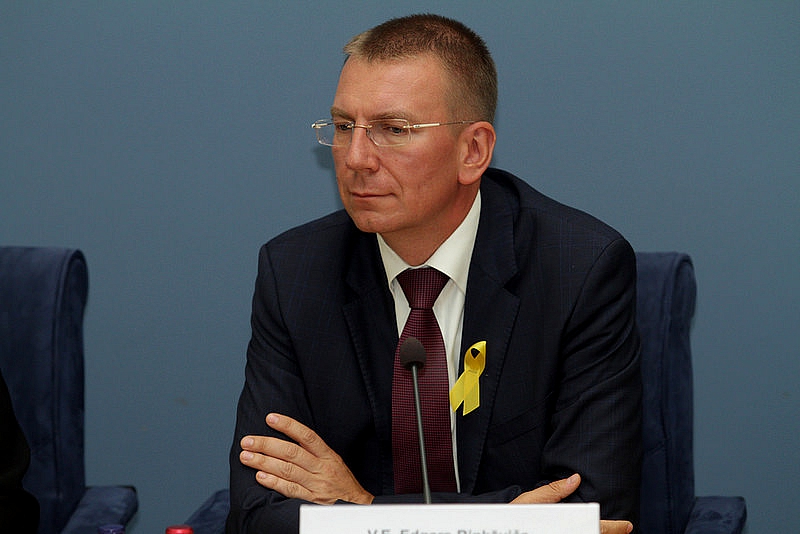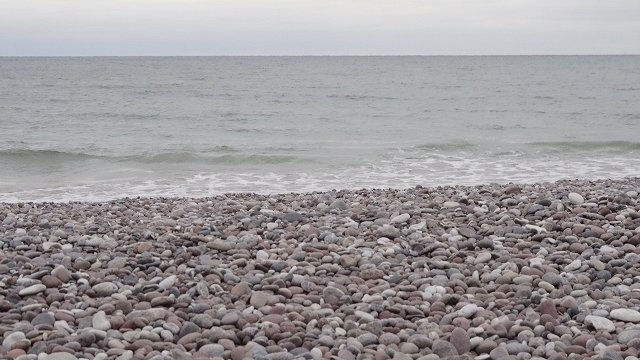"The information pressure from Russia through different mass media is huge. We are feeling it every day. We should be ready to strategically inform society and promote critical thinking. We have to teach critical thinking to our children so that they are able to analyze the information that is being given," he said.
Vejonis reminded that during Latvia's EU Presidency a decision was made on an action plan for strategic communication. A special group of experts was set up that will prepare proposals by September on how to improve strategic communication in the EU Eastern region.
"It is not countering Russian propaganda though, as every EU member should have its own strategic communication plan," the president said.
In June, EU High Representative for Foreign Affairs Federica Mogherini handed the EU action plan on strategic communication to European Council President Donald Tusk.
And it was not just at the President's office at the Blackheads House that the effects of Russian propaganda were being discussed at the highest levels on Wednesday.
Speaking after a meeting with his Estonian counterpart Marina Kaljurand, Foreign Minister Edgars Rinkevics revealed that discussions were already underway on the creation of a journalistic or media "center of excellence" of some kind.
"We are cooperating with our Estonian and Lithuanian partners. there is a meeting of stakeholders right now at the Ministry of Cuture. I think we will soon provide details but I don't want to jump ahead before the meeting is over," Rinkevics told LSM.
"Stakeholders will need to agree on the mission statement and financing but what I can say is that this is one of the elements to raise public awareness, to work with the community of journalists not only in Latvia but in the Baltic region and probably even in a wider way to establish a partnership with journalists, to work to understand where we have this very thin line between freedom of speech and open propaganda."
Rinkevics cited particular cases in which western media had picked up on overt propaganda from Russia and reported it as fact. By the time the truth was pointed out days later, interest in a correction was minimal, he said, meaning that in effect the false information remained unchallenged in the public perception.
Rinkevics did not say wen such a center might open or how it would be funded other than that an "independent mechanism" would be involved to avoid a perception of meddling by governments.
Centers of Excellence are all the rage in Riga with the official opening due Thursday of NATO's Strategic Communication Center of Excellence, part of whose role is also to analyse Russian propaganda efforts.





























